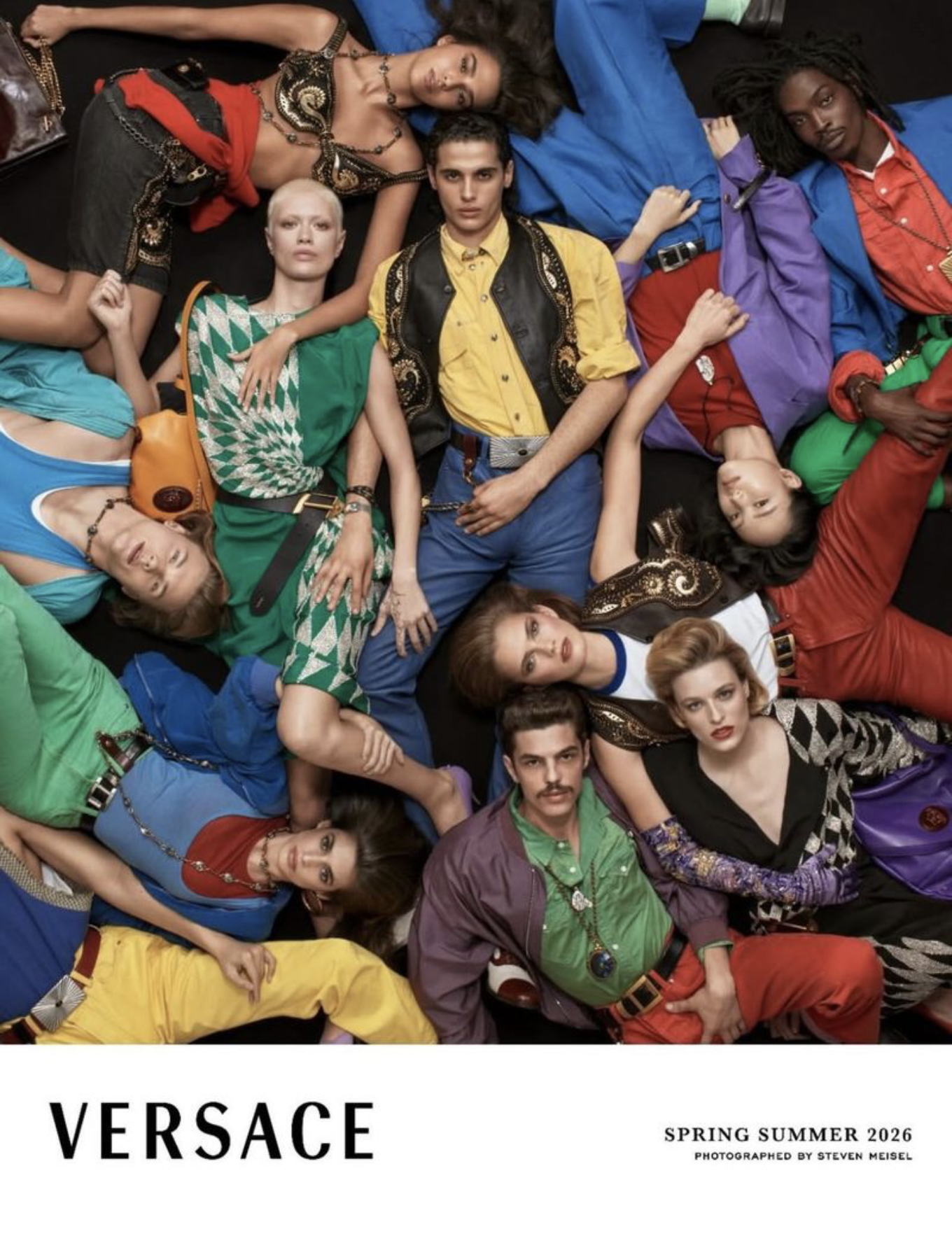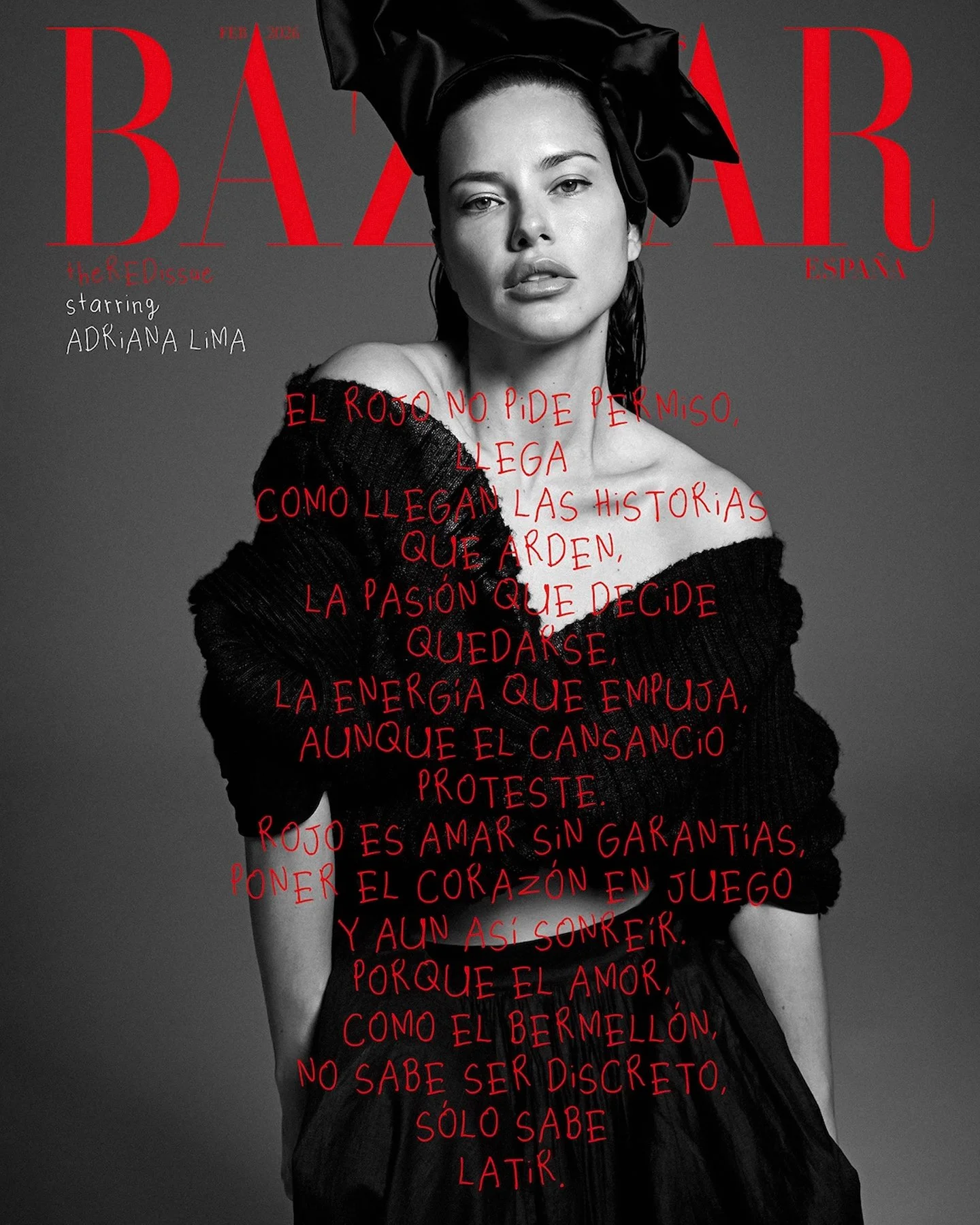NYC Sues L'Officiel USA for Not Paying Freelancers On Time or Ever
/Note from Anne: As a result of this NYC lawsuit and learning about L’Officiel USA’s pattern of not paying freelancers, AOC will no longer promote any fashion stories or lifestyle posts associated with L’Officiel USA magazines until there is a resolution to this lawsuit. We will research this alleged pattern and practice in other L’Officiel magazines worldwide and not post any further materials associated with L’Officiel magazines until we understand both the scope and the organizational, corporate structure that governs L’Officiel media.
Below is a summary of key points in a press release from the Office of the Mayor of New York City, which filed suit against L’Officiel USA on December 1, 2021.
The Freelance Isn't Free Act is a local New York City law passed by the New York City Council in 2016 that protects the labor rights of freelance workers. The bill was enacted on May 15, 2017 and is now the basis for a new lawsuit filed by New York City ’s Law Department and the Department of Consumer and Worker Protection (DCWP) against L’Officiel USA, the American subsidiary of the French-owned global media company.
The lawsuit was announced by outgoing New York City mayor Bill de Blasio on December 1, after its filing in New York County Supreme Court.
NYC ’s Freelance Isn ’t Free Act, the first law of its kind in the country, gives freelance workers the legal right to written contracts, timely payment, and freedom from retaliation. The Law also established a Court Navigation Program as one avenue to assist freelancers in getting paid and accessing other resources, but it also authorizes New York City to file cases against businesses with a systemic pattern and practice of violating the Law.
In this first court case derived from NYC ’s Freelance Isn ’t Free Act. The lawsuit, which was filed in New York County Supreme Court, alleges that L ’Officiel has “engaged in a pattern of failing to pay freelancers on time or at all, including writers, editors, photographers, videographers, graphic designers and illustrators.”
“People deserve to get paid for the work they do and freelancers are no different,” said Corporation Counsel Georgia M. Pestana. “As detailed in our complaint, L’Officiel published articles, photography, and illustrations by freelancers but either didn’t pay them at all or sometimes paid them months, even years later. Our first of a kind suit seeks to hold L’Officiel responsible for its consistent and blatant disregard of the City’s Freelance Isn’t Free Act, which was enacted to address a growing problem faced by the freelance community in New York City.”
These freelancers have had to fight too hard and too long to get paid. Despite our best efforts to support compliance, L’Officiel continues to flout the law, so we had to sue to recover the money it owes these workers,” said DCWP Commissioner Peter A. Hatch. “L’Officiel and all hiring parties should know that NYC will fight for its freelancers. We also encourage any other freelancers who have not been paid by L’Officiel to contact us
Since the Law went into effect in May 2017, DCWP has received more than 20 complaints from freelancers about L’Officiel failing to pay on time or at all, as well as failing to provide a written contract and for being retaliated against for exercising their rights. On several occasions, freelancers even received 1099 tax forms for money that was owed to them. While L’Officiel initially responded to DCWP about complaints against them, they eventually stopped responding. As a result, the lawsuit seeks double the unpaid wages for the freelancers, and that L’Officiel change their policies and practices in paying freelancers, submit monthly reports to DCWP about its payments to NYC freelancers, and pay civil penalties to the City.
Under the Law, a freelance worker is any individual hired or retained as an independent contractor by a hiring party to provide services for compensation. The Law protects freelance workers against non-payment by:
Requiring contracts between freelance workers and hiring parties that are worth $800 or more to be in writing, including agreements that total $800 in any 120-day period.
Requiring hiring parties to pay freelance workers on or before the date in the contract, or if the contract doesn’t specify a date, within 30 days after the work is completed.
Protecting freelance workers against retaliation for asserting their rights under the Law.
Providing freelance workers the right to file a complaint with DCWP. Hiring parties must respond to the complaint in writing within 20 days. If a hiring party does not respond to a complaint within 20 days, the freelance worker receives a “rebuttable presumption” in their favor when they bring their complaint to court, which means the judge should presume the hiring party committed the violations.
Providing the right to sue in court to seek double the unpaid amount, damages for retaliation, damages for failing to enter into a written contract, and attorneys’ fees and costs. DCWP’s Court Navigation Program offers freelance workers information about the law, the court process, sample court forms, court services, worker classification, and more.
Since 2017, DCWP has received 1,806 inquiries about the Law and 2,024 complaints from freelancers. DCWP has helped freelancers recover $2,144,198 in owed compensation for their work.
Workers, including additional freelancers who have not been paid by L’Officiel, and hiring parties can visit nyc.gov/workers or call 311 and ask for “Freelance Workers” for more information about the Freelance Isn ’t Free Act. Information for freelancers in multiple languages (Spanish, Bengali, Chinese, Haitian Creole, Hindi, Korean, Portuguese, Punjabi, Russian, Tagalog, and Urdu) and hiring parties, a model contract, complaint form, FAQs and Navigation Program information are available at nyc.gov/workers.
“Companies like L’Officiel that regularly stiff their workers can’t be allowed to get away with it,” said Council Member Brad Lander. “Freelance work is work, and workers shouldn’t have to spend months or years chasing down compensation for their labor. With this lawsuit, enabled by our 2017 law, New York City is sending a strong message: freelance is not free.”
“The National Writers Union first started pursuing L’Officiel before the COVID lockdown on behalf of a dozen freelancers owed about $45,000. Some of these invoices go back to 2018” said Larry Goldbetter, President of the National Writers Union. “We applaud the City for filing this action against L’Officiel and anticipate more than a fine for violating the law, but the full payment to all freelancers who are owed. This is why we are expanding Freelance Isn't Free to Los Angeles and state-wide in NYS.”
“Freelancers Union commends the Mayor and DCWP for taking action against L’Officiel. Freelancing isn’t free, unfortunately there are too many bad actors that believe they can get away with cheating independent workers out of their hard-earned money. When we advocated for the creation of the Freelance Isn’t Free law, this is exactly the result we were hoping for freelancers across the city,” stated Rafael Espinal, President of Freelancers Union.
Related: New York City Sues L’Officiel Magazine for Not Paying Freelancers New York Times
The magazine’s top officials — the chairman of L’Officiel USA, the chief executive of L’Officiel Inc. in France and the chief creative officer for L’Officiel USA — did not respond to several emailed requests for comment for this article.
Referenced in the New York Times article via Yahoo News:Jan. 6, 2020.
It’s onto the next for Stefano Tonchi.
The former editor of W — where he reigned for a decade before a conspicuous fallout last year with its former owner Condé Nast that led to his ouster, his filing a lawsuit and Condé a countersuit (both ongoing) — has a new role at the nearly 100-year-old L’Officiel, founded as a French fashion magazine. Tonchi this week will become its chief creative officer, a first for the company, now operated by chief executive officer Benjamin Eymère, part of the Jalou family that still owns the publication.










